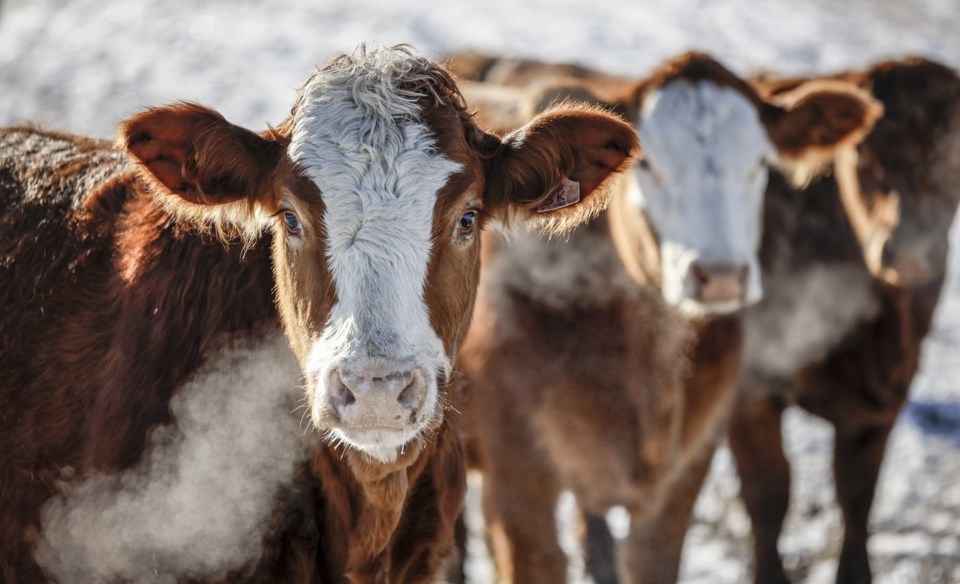CALGARY — Industry experts say China's ongoing ban on Canadian beef is a textbook example of the uncertainty Canadian exporters face in that market.
China has been blocking beef shipments from Canadian processing plants for almost three years, ever since an atypical case of bovine spongiform encephalopathy (BSE) was found on an Alberta farm in December of 2021.
Atypical BSE develops spontaneously in about one in every million cattle. It is not the same as classic BSE, which is more commonly known as mad cow disease. Atypical BSE poses no health risk to humans, unlike the classic strain which has been linked to the fatal neurological disorder Creutzfeldt-Jakob disease.
An atypical BSE case does not typically have international trade implications, and China is the only global market that continues to block Canadian beef due to the 2021 discovery.
The federal government says China has provided no timeline for when it might lift the ban.
Beef is not the only agricultural product currently facing challenges in China. Earlier this month, China launched an anti-dumping investigation into Canadian canola imports, in apparent response to Canada's decision in August to hike tariffs on Chinese-made electric vehicles.
This report by The Canadian Press was first published Sept. 20, 2024.
The Canadian Press




